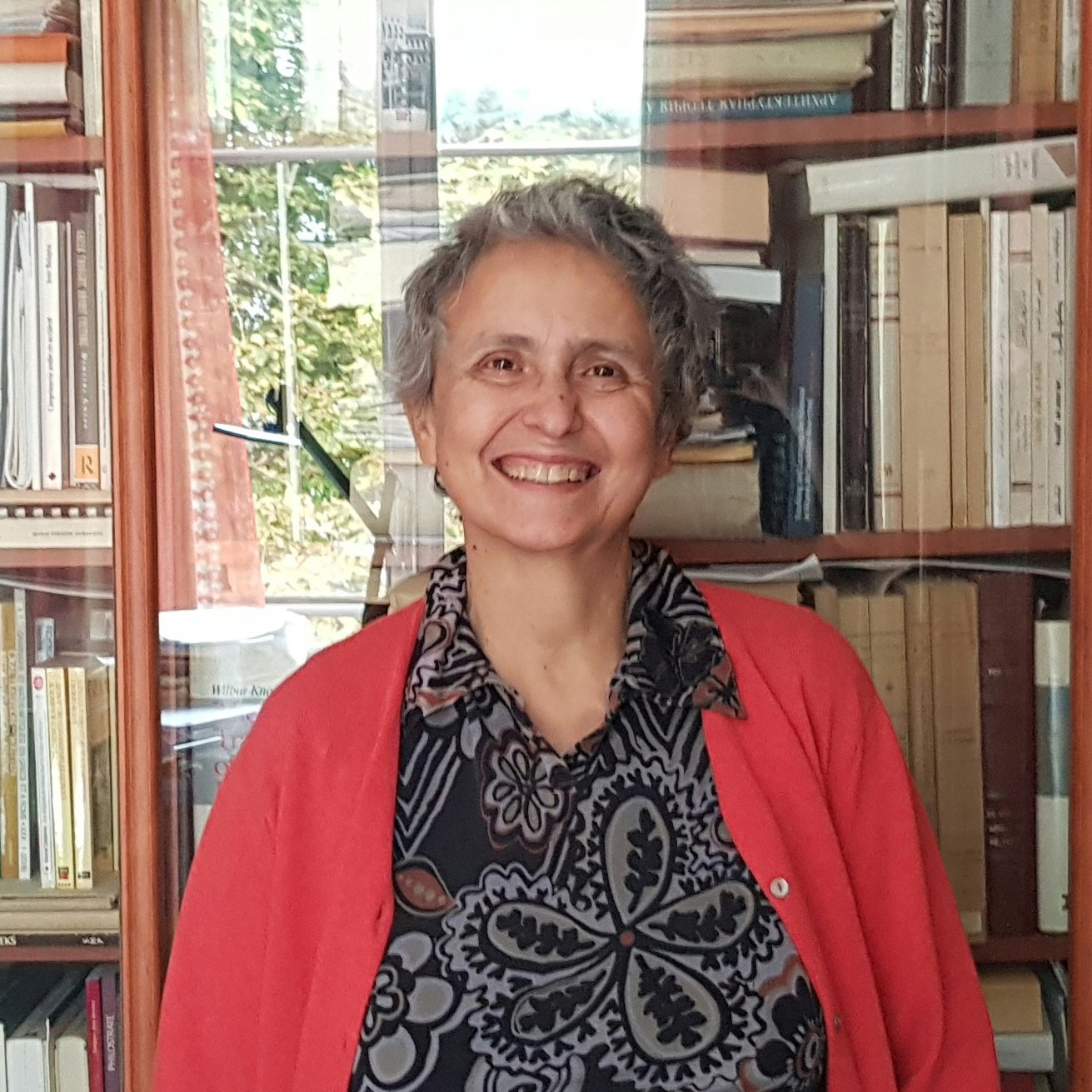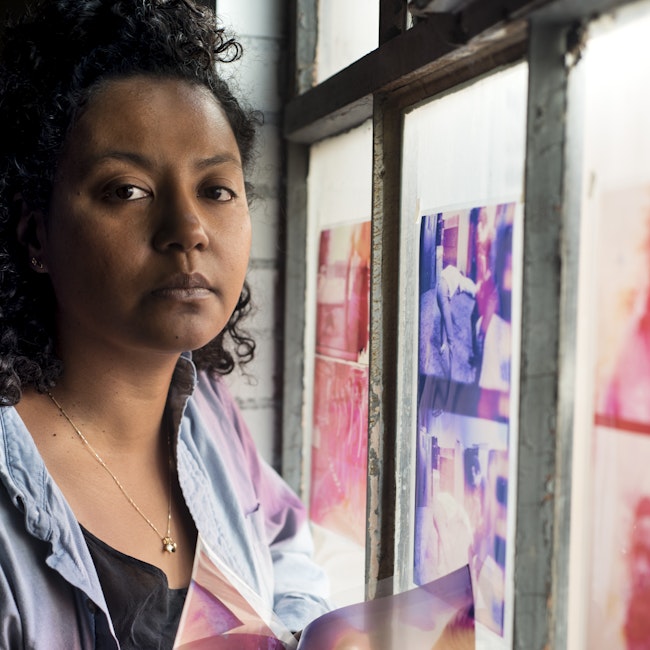Karine Chemla

This information is accurate as of the fellowship year indicated for each fellow.
In recent years, Karine Chemla’s research has focused on a single theoretical problem: that of understanding how one could describe collectively shared ways of doing science that our sources clearly evidence, without falling into the pitfalls of cultural essentialism. She has approached this problem from the perspective of Chinese mathematical sources composed between the 3rd century BCE and the 13th century CE.
Chemla’s project at the Radcliffe Institute is to write a book that will synthesize her reflections on scientific cultures and will carry it forward. Her aim is to illustrate how mathematical cultures to which ancient Chinese sources attest changed, and even diversified, in history. In particular, she will show how the mathematical culture that was inculcated from the 7th century onward in state institutions gave rise to different mathematical cultures, starting from the 10th century.
Chemla studied mathematics at the École Normale Supérieure de Jeunes Filles. With a scholarship from the Fondation Singer-Polignac, she studied the history of mathematics at the Academia Sinica in Beijing. In 1982, she earned her doctorate in mathematics from the Université Paris 13 and became a researcher at the French National Center for Scientific Research (CNRS), where she is currently a director of research. She is an elected member of the Academia Europaea, the American Philosophical Society, the Deutsche Akademie der Naturforscher Leopoldina, and the European Academy of Sciences. In 2008, Chemla was awarded the silver medal from CNRS and, in 2020, the Otto Neugebauer Prize from the European Mathematical Society.

















